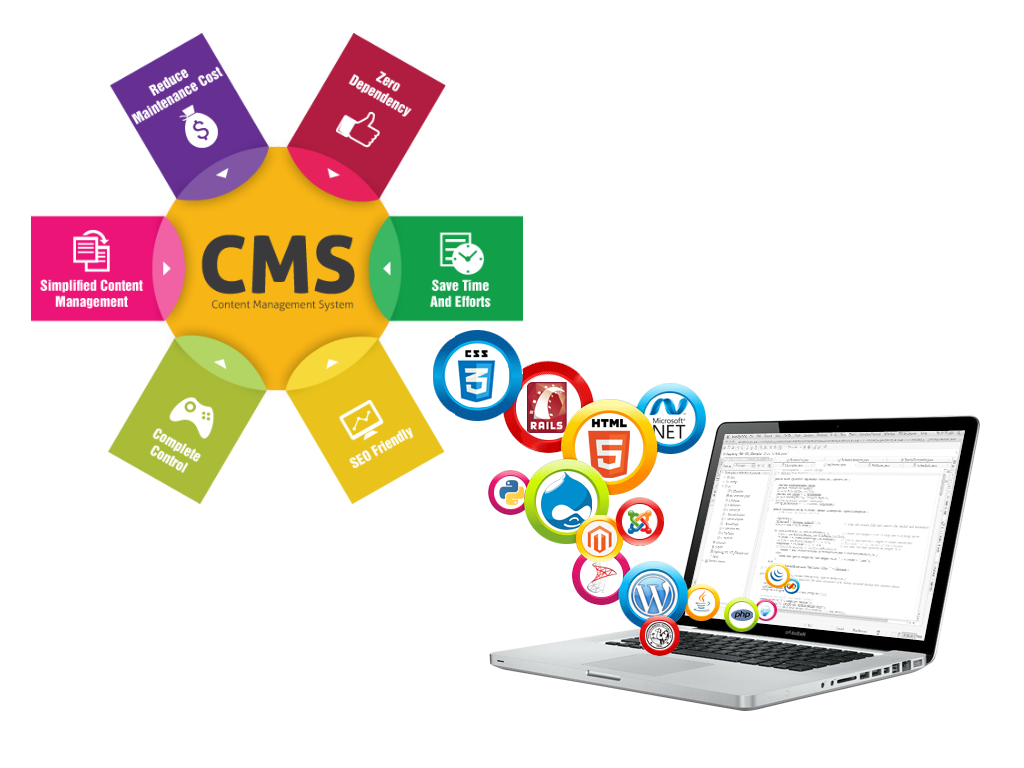The custom build is fast becoming a thing of the past as the current selection of content management systems become more advanced and are developed to cater for our every needs. Regardless of how we want our sites to look, operate and ultimately perform we can find a CMS solution to facilitate either out of the box or with the help and assistance of bolt on modules or third party plugins. Whatever we want to do and whatever we need to do, there will be a way to do it using existing third party software. It’s extremely rare for anyone to come up with a plan or idea for a project that will require something that is truly custom or bespoke.
Today we’re going to run through some of the common content management systems on the market – some you’ll most definitely have heard of, some maybe not so hopefully you find this article both insightful and thought provoking.
WordPress
Some might think it’s a bit crazy including WordPress in a list of content management systems designed for experienced webmasters but the fact is it’s such an advanced piece of software that does so much more than 99.9% of the noddy webmasters out there use it for that it deserves to be in pretty much every top CMS list you’ll ever read. It’s the number one application for a reason and it’s going to be tough to beat. If you’re reading this I’m sure you know all about WordPress along with it’s capabilities and functions so I won’t bore you with it.
Ghost
Ghost is becoming a competitive CMS in its own right thanks to the people it has attracted to use it. It’s used by lots of professionals world wide from high end news sites right through to bedroom based operations. Part of its attraction is the fact it is extremely lightweight and in terms of design it comes with a markdown editor so if you like to style your pages but don’t want the hassle of learning HTML or using a clunky visual builder plugin Ghost might just be for you.
Joomla
Joomla has lost a bit of ground recently. In the past if you wanted to build something other than a blog you’d go to Joomla as it has the capabilities to build huge sites, custom designed pages and just content that has more scope than a traditional blog post. However, all of the traditional blog platforms such as WordPress has evolved too meaning that it can rival Joomla in pretty much all departments.
October
This is an up and coming CMS which I’m a particular fan of as it’s based on the popular Laravel PHP framework. If you’re a developer and have created a project in Laravel you’ll appreciate just how beautifully written October is. In terms of the actual CMS, it does what it says on the tin. It’s crisp, clean and lightweight and can rival WordPress in every department. There are even lots of tutorials around that cover everything from installation right through to customisation.
Umbraco
I had to include at least one ASP.net based CMS in here to satisfy those of you stuck in the dark ages so if you must use this language my choice would be Umbraco. It’s a fantastic piece of software, fully open source and cloud integrated which means it can be used for pretty much any deployment you dream up from small bedroom based personal blogs right through to your corporate site supporting thousands of daily visitors.
Final Thoughts
Choosing a content management system in reality is a straight forward process. You decide what you want your project to do, how it should look and what features you need and tasks it’s required to perform. Once you know all that you can either check out the various options for yourself, read reviews or even try a few applications our yourself to see which you prefer. Afterall it’s not just about the front end, the back end is important too as it’s you who will be using it day in day out. Website visitors come and go.
Featured Image

